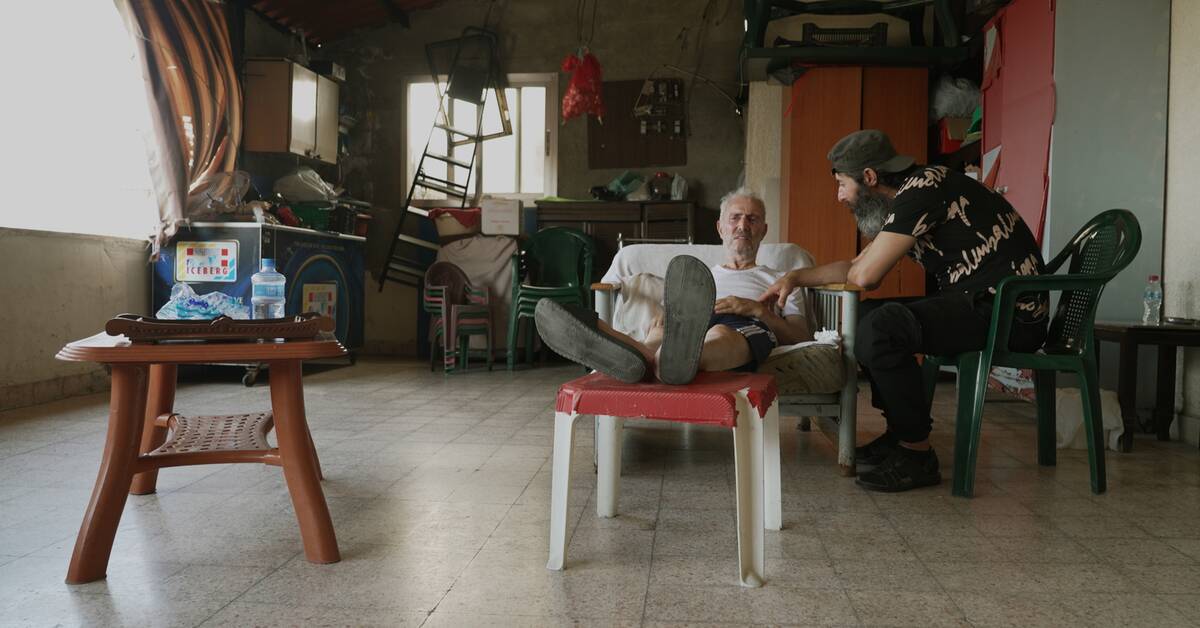When we meet Bassam al Sheikh Hussein at his home in southern Beirut, he is talking about his father, who has Alzheimer's and needs rest.
A few weeks have passed since he took a can of gasoline in one hand and a rifle in the other and stepped into the bank in the Hamra district of Beirut.
Inside the bank office, he took cashiers hostage and threatened to set himself on fire.
But unlike a regular bank robbery, he wasn't out to steal someone else's money.
- I had 210,000 dollars in my account.
I refused to leave the bank unless I got enough to cover my father's hospital expenses, he says.
Like most Lebanese, Bassam al Sheikh Hussein has been unable to withdraw his savings from the bank for the past two years.
A brutal economic crisis has wiped out the equivalent of billions of dollars in savers' accounts.
The banks have introduced strict restrictions on cash withdrawals.
At the same time, the currency has lost 90 percent of its value.
Today, four out of five Lebanese are considered poor.
"All Lebanese have been robbed"
With rampant inflation, everyday life has become more expensive.
Without access to their savings, many can no longer afford to pay electricity and water bills, school or healthcare.
According to a new UN report, more and more children in the country are being forced to drop out of school because there is a lack of money for school books.
In that context, Bassam al Sheikh Hussein has become an unusual kind of folk hero, at least for some.
After a drawn-out hostage drama, the bank left over $30,000, and he was released from custody a few days after the robbery without any criminal charges against him.
- All Lebanese have been robbed, says Suzanne Zaki Abou Mattar, whom we meet outside the bank.
The bank that was robbed is today closed like most other banks in Lebanon.
In recent months, about ten similar events have taken place.
Among the "robbers" are both a retired policeman and a member of parliament.

